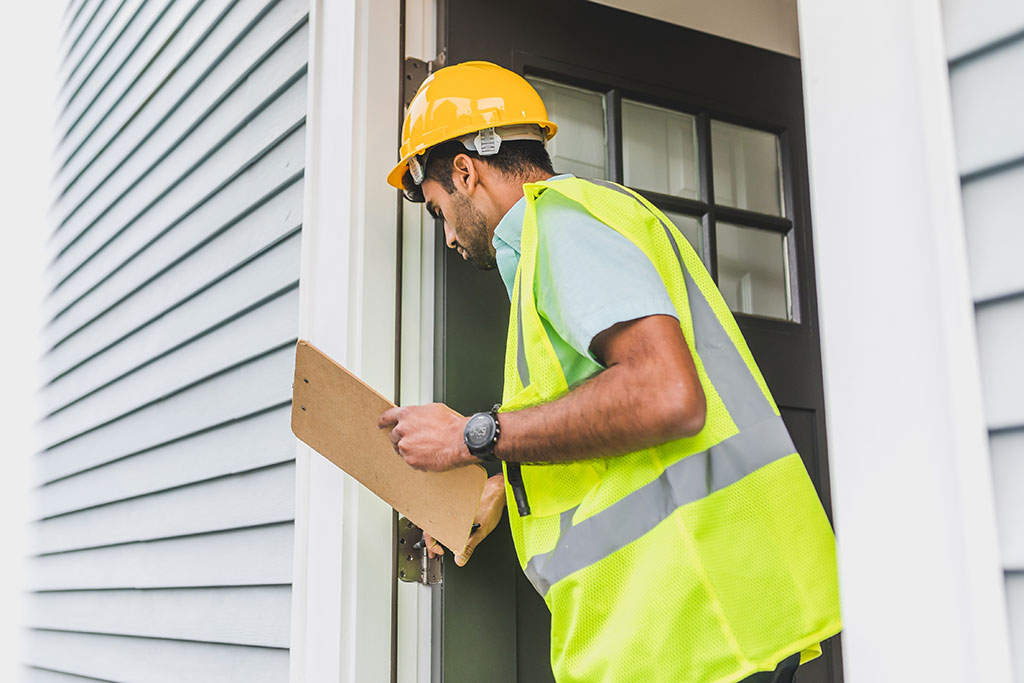Is a Pre-Listing Home Inspection Needed?
A home inspection can be a vital part of the homebuying process as it gives buyers an honest look at a property’s condition.
However, it can also be a valuable tool for home sellers. Use these tips to assess the pluses and minuses of having your house inspected before listing it.

Reasons for
Although you’re not required to do so, it can be well worth the cost to commission a whole-house inspection before placing your home on the market. The information it provides can be helpful when setting your listing price, and it may even turn up positive results (such as confirming that your roof is in excellent condition) that you can use to market your property. For instance, you could highlight these top features in your listing or share the report itself with interested house hunters.
Conversely, an inspection can identify any negatives that may cause an issue when selling. Even simply asking a trained professional to look at anything that especially concerns you, like your home’s plumbing or HVAC system, can give you time to make essential fixes and avoid expensive red flags that may otherwise pop up during the buyer’s inspection.
Ask your real estate professional if a pre-listing home inspection makes sense in your situation, and inquire whether any repairs you’re considering will benefit your bottom line—after all, you don’t want to pay for fixes that won’t yield a great return on investment. Your agent can provide you with a list of qualified home inspectors, or you can check the American Society of Home Inspectors (ASHI) or the International Association of Certified Home Inspectors (InterNACHI) for ones in your area.

Reasons against
If there is a high demand for homes in your area, a buyer might be willing to snatch up your property as-is, making a home inspection an unnecessary expense. In fact, it may reveal expensive structural or safety issues that your state might require you to disclose. Such information can turn away some buyers or motivate others to reduce their offering price for your home. But even if you fix any problems that were spotted, you might still need to report them, depending on your state’s requirements. Carefully review your local laws—otherwise you may face strict nondisclosure penalties.
However, you might want to disclose known defects, corrected or not, to potential buyers anyway, especially if they could potentially reoccur—many states have strict non-disclosure penalties. Also, the buyer’s home inspection may reveal recent repairs, which could make it look like you were hiding something. If you were to skip a pre-listing home inspection, you can avoid these dilemmas, instead dealing with a problem as it arises in the buyer’s inspection.
As with any home-selling decision, deciding whether to get a pre-listing home inspection depends on your specific circumstances. Consult with your real estate agent, whose knowledge of your state’s regulations and understanding of the local housing market can help you determine what’s right for you.


